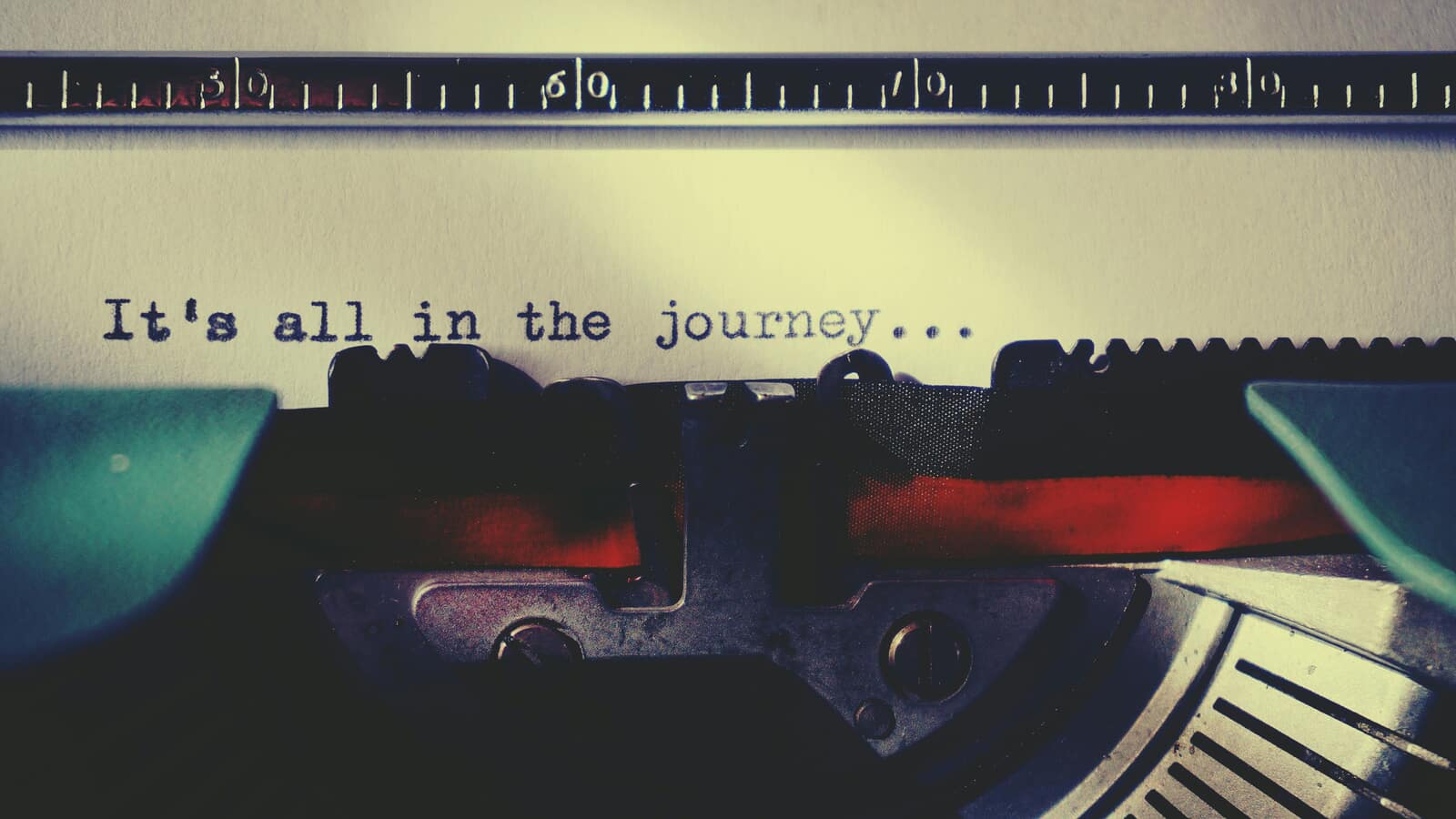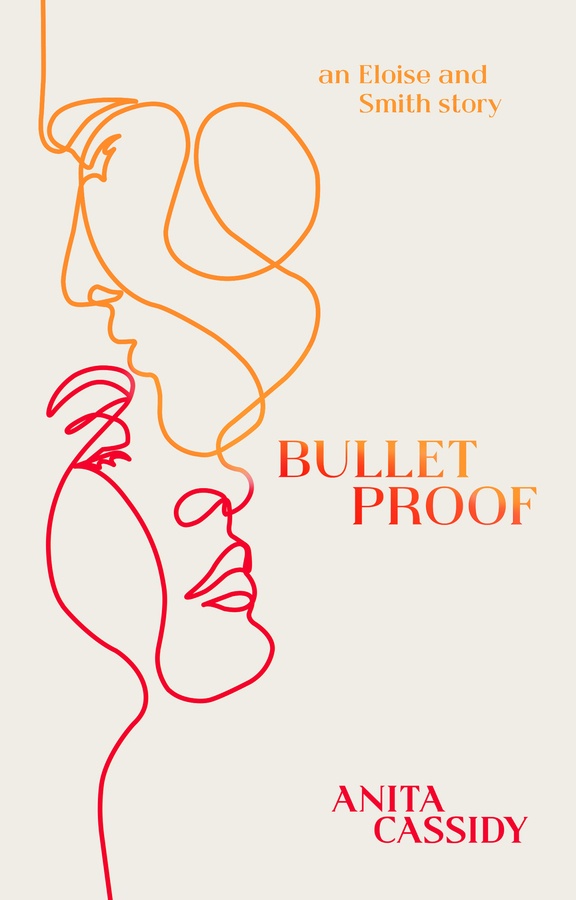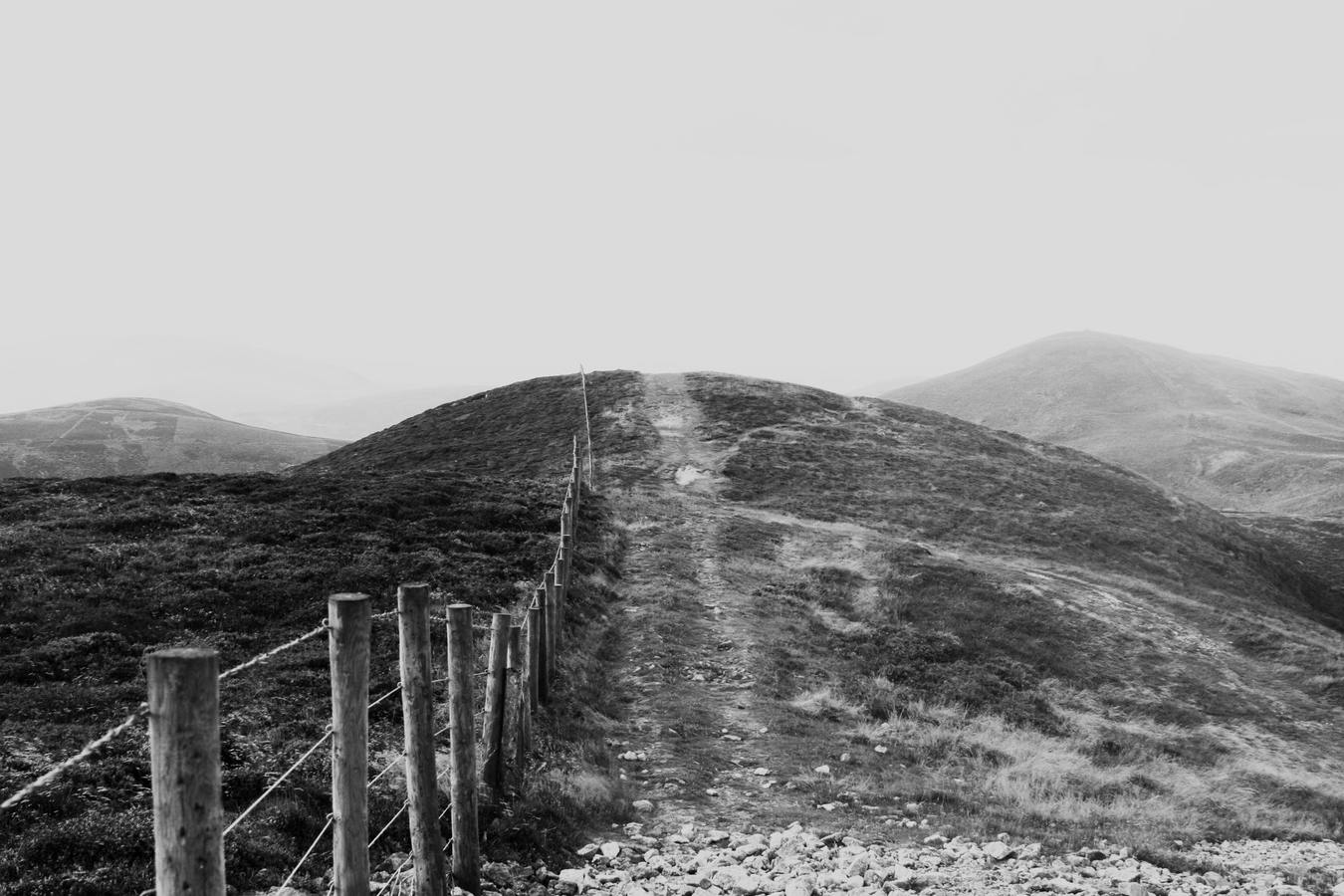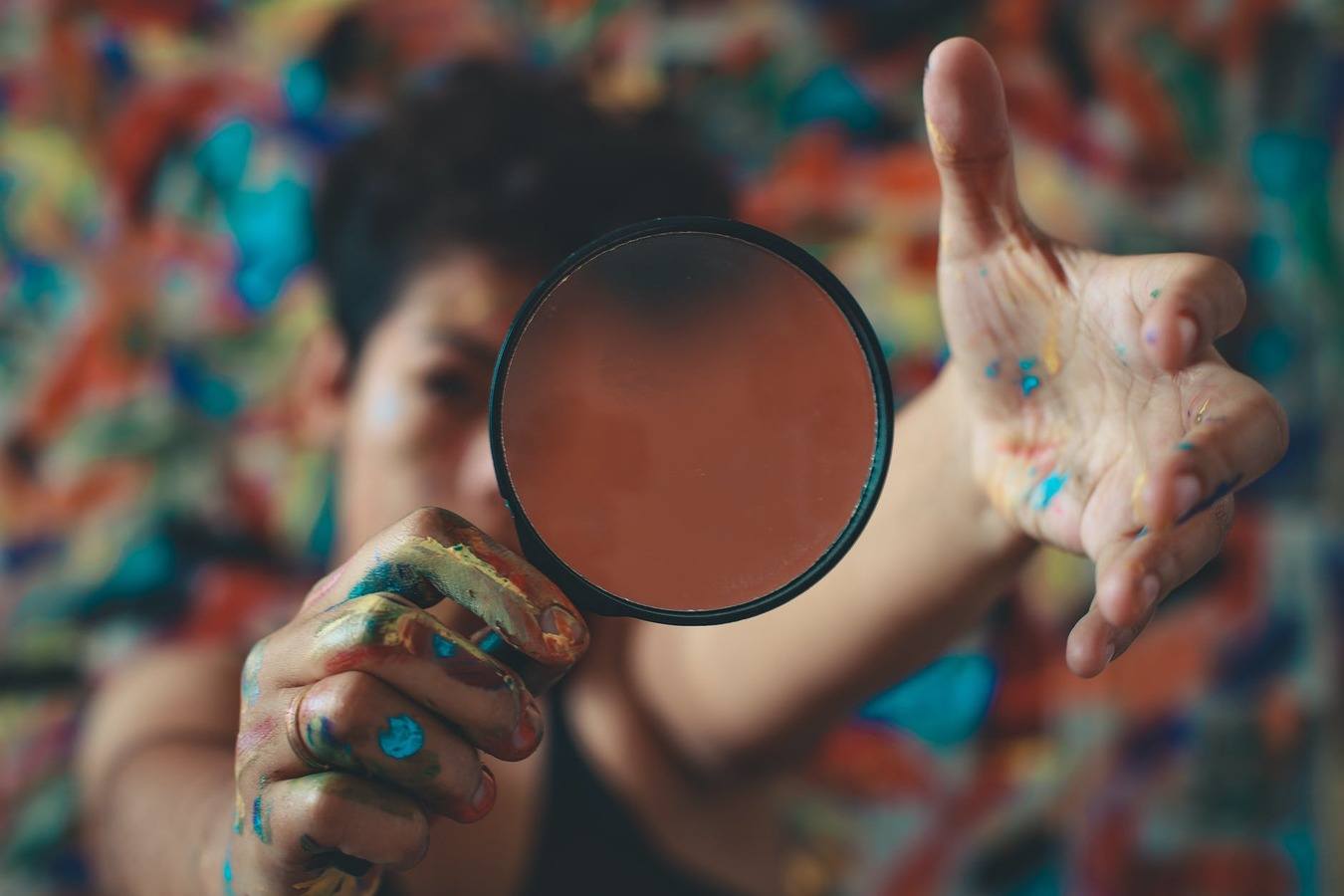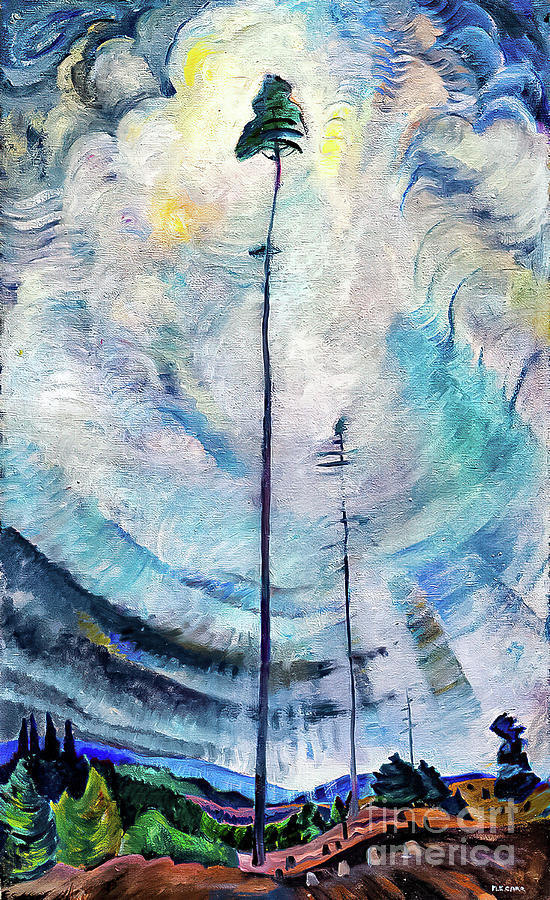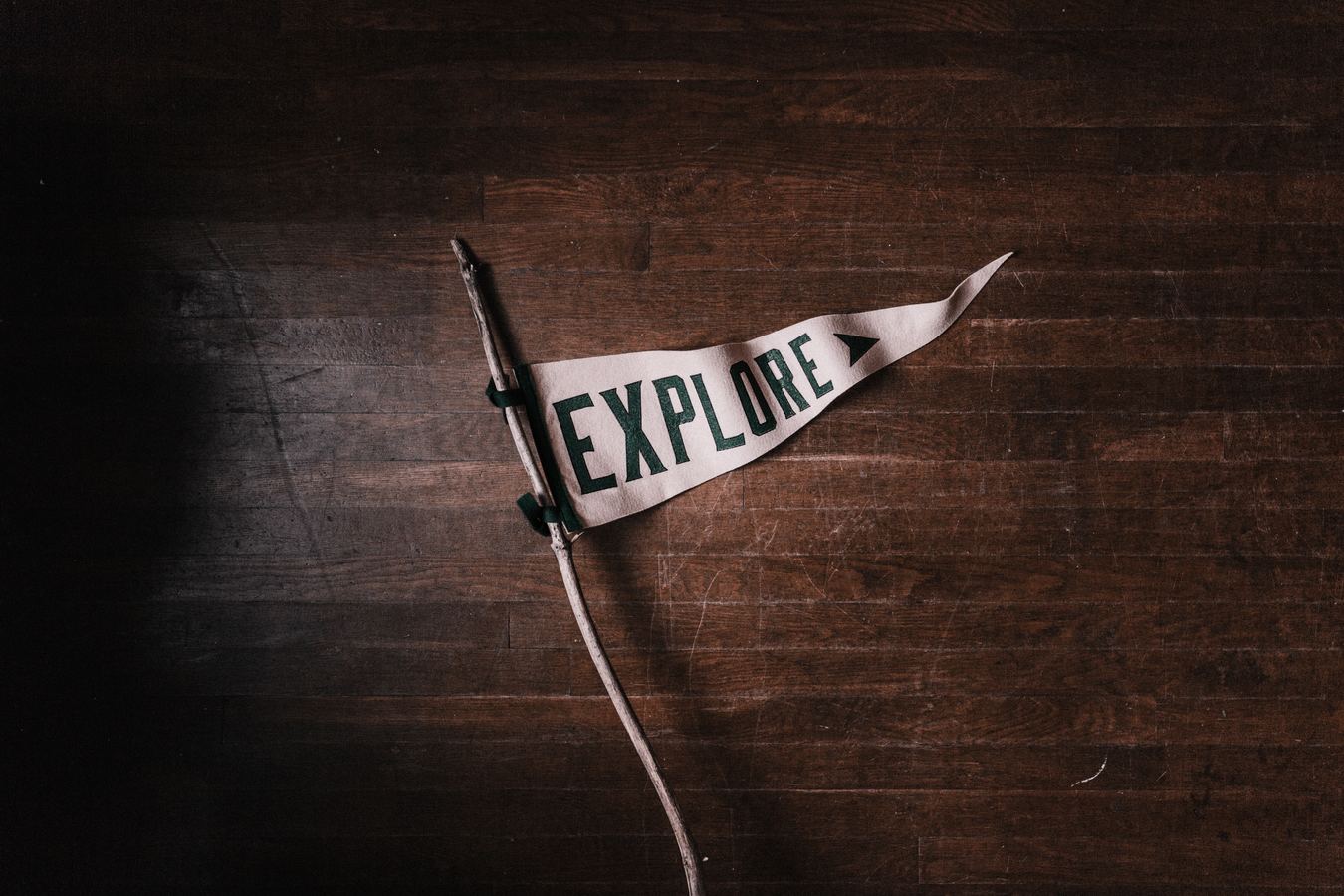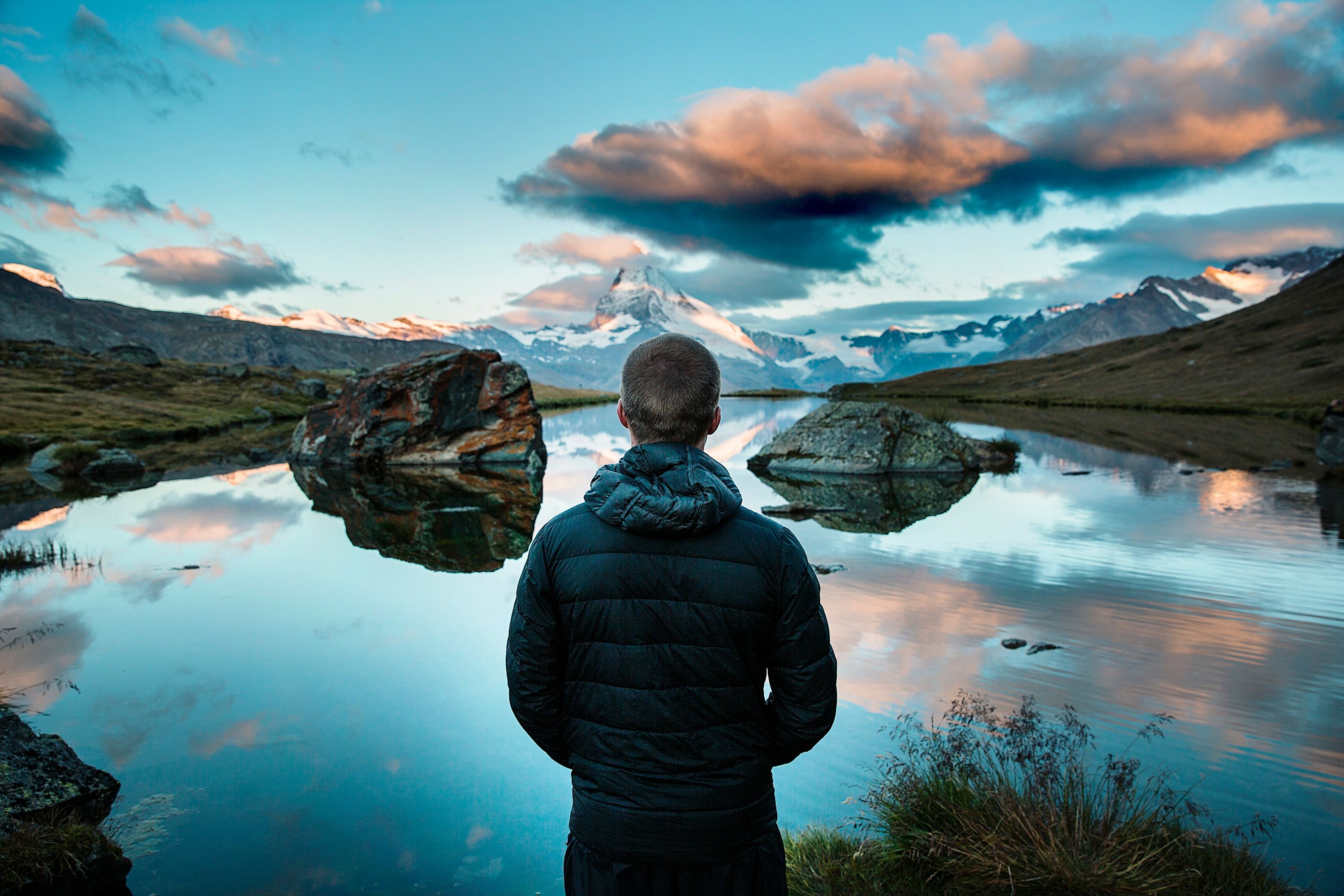It was on reading yet another piece of exceptional, but bleak, journalism about the impact of chocolate production on the environment that I realised just how little these types of articles actually effect the change that they seek to inspire.
No one needs skinny, white middle-class journalists telling them what they should and should not be eating, or doing. Few people ever made a permanent positive change based on being hectored or made to feel bad by someone they have never met, and will never meet. And, all too often, our response to these articles is to feel guilty and ashamed but helpless, and then to retreat into exactly the kind of actions and behaviours that the article was trying to stop.
As a skinny, white, very aware of her privilege and privileges writer myself, I realised that what I had to do was write a story with no telling, only showing. Just a showing of how I see certain things and my own experiences of these feelings and issues.
What I hope my novel Appetite does is show us how we all too often are, while offering no judgment. But, more than that, through David I tried to show how we could be, if only we were able to see ourselves clearly. If we are able to look unflinchingly at who and where we are: to accept that and then to see that acceptance is the key mechanism that creates permanent change.
I never meant the portrayal of Snap Out of It (a name very much inspired by the Arctic Monkeys album AM that I listened to while writing the novel) to be funny or dismissive of the efforts of community groups and activism. It was meant to highlight that some activism can be misguided, and that the assumptions of all groups and individuals need to be examined and questioned before action is taken… The key concept of ‘first, do no harm’ is surely a fine place to start.
It was also meant to highlight that, ultimately, we have to wake up for, and by, ourselves. There really is no genuine will on behalf of the structures around us – big food, big pharma, big media, big and local government – to truly address the issues. They control our environment but, as Frank Gerbode says, ‘the mind is the first environment’, and we are in control of that more than we know, more than it suits anyone for us to know. We can become aware of the influences that have played a part in shaping us, our view of the world and ourselves, and we can make different choices.
The damage caused by processed food and drink production pollution (from the plastics found in our seas to the damage done to land by chemical run-off and transportation) can be undone from the bottom up with a change in how each of us acts and chooses. Rather than ask what we can do about the pollution, we could ask ourselves, and each other, what need does that can, bottle, bar or packet serve; what felt pain does it temporarily assuage?
For me, what changed my habits (and you can read more about my complex and difficult relationship with sugar and chocolate when I post it next month) was fully witnessing my past, truly seeing the dark and beautiful truth of my self as I am now and learning, slowly and gradually, to feel rather than feed my feelings.
It is hard. David, Naomi and Matthew show us just how hard and, in truth, it is never going to stop being hard. But we can do it together. Together we can snap out of it.
Further reading:
Frank Gerbode: http://tira.info/research_pub/art/first-environment.html
Susan Nieman, “Why Grow Up? Subversive Thoughts for an Infantile Age” (2014) – Penguin Books
https://www.theguardian.com/society/2017/sep/27/obesity-childhood-trauma…









